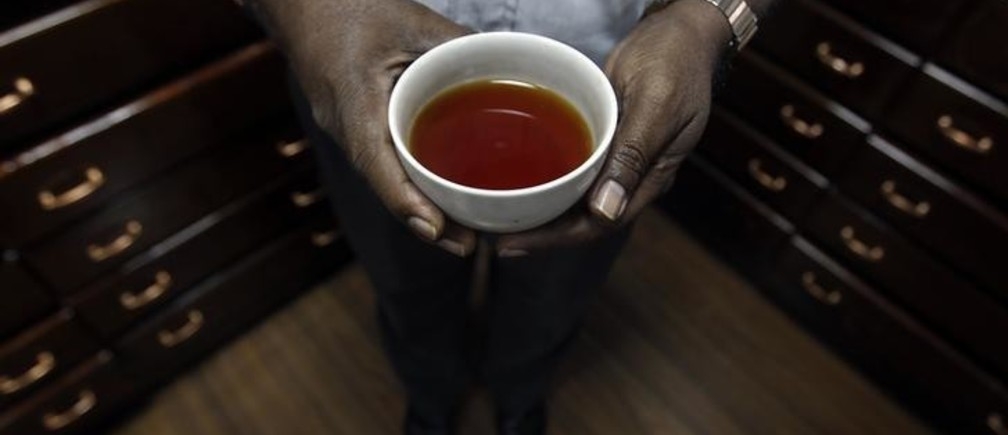UK all set to welcome 100% biodegradable tea bags curbing wastage of plastic
Britain, February 26: There are innumerable ways to cut down on plastic waste in terms of our drinking like eliminating straws and banning the use of single use of bottles. Luckily for people who drink tea have an advantage. Luckily, a United Kingdom wholesaler is attempting to fix that problem with a more environmentally-friendly bag.

Tea bags aren't easy on the environment, and for the sake of convenience and saving money, many tea drinkers lean toward the bagged variety. And as anyone who enjoys a little caffeine knows, it's hard to stop at just one cup. Over in Europe, tea is one of the most popular beverages. At least 60 billion cups of tea are consumed annually and about 96% of them are created using tea bags.
The Co-op, a large retailer in the UK, is expecting to curb the problem by introducing a new tea bag that doesn’t have polypropylene. In collaboration with their tea supplier, Typhoo, and a sustainable fiber company, they will be heat-sealing their own Fair-trade 99 tea bags and will remain fully compostable.
Heat-sealed tea bags will be tested for durability and safety and it potentially could be in stores by the end of the year. It’s anticipated that the new method to create these tea bags will be used in all of the Co-op’s tea brands. However the UK Tea and Infusions Association warns that “raw material cost and upgrades to machinery would increase the cost of a bag by about eight times” the current amount. That’s a significant increase that would keep a lot of consumers away from purchasing the new tea bags. It would harm the industry and poorer countries that rely on tea income.
Ultimately, the best solution would be to find a heat-sealing method that isn’t as taxing on the consumer. In the meantime, for those that want to keep the planet greener, it’s worthwhile to pursue the new technology. The Co-op wants all of their products to be recyclable, and their goal is to hit 80% in the next two years.

